Women in film: Sorry if this sounds like a social justice blog on Tumblr, but it’s no secret that mainstream film marginalizes the roles of women in film. More often than not, characters of “the fairer sex” (I say that only to highlight how cringe-inducing that term is) are simply nurturers to or supporters of the primary – and usually male – character. Incidentally, motherhood tends to be the name of the game.
Word on the street suggests Kathryn Bigelow’s upcoming Zero Dark Thirty changes that (if only for a moment) for women in general with a female protagonist who shows little in the way of emotion or nurturing (she’s hunting down Osama bin Laden for God’s sake), but what about mothers on the silver screen who don’t fit into archaic roles?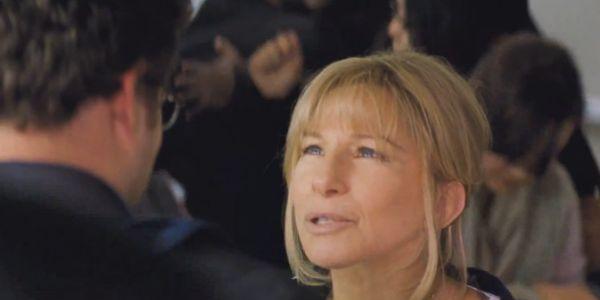
The Guilt Trip isn’t much of a win for those involved based on the reviews thus far, but its mother figure, played by the incomparable Barbra Streisand, isn’t simply an advisor to her son, an inventor portrayed by Seth Rogen. She’s also his companion on the road trip that comprises the film’s main narrative.
As The Guilt Trip arrives, we take a look at some cinematic mothers who aren’t simply in the background, who forge their own paths – for better or for worse – even if they might seem to be simply doing what Hollywood normally asks of them. Who knows? Babs might even show up on this list somewhere.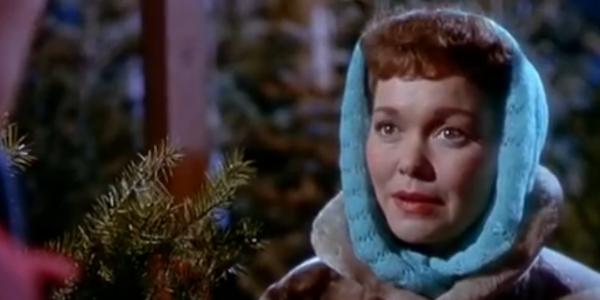
Cary Scott in All That Heaven Allows
Played expertly by Jane Wyman, this character enters the film as a woman who plays by all of society’s rules: she’s a mother to two children and entertains only respectable company. However, after her husband’s death, her stance in her community changes as she enters a romance with her family’s nurseryman, played by Rock Hudson.
Douglas Sirk’s romance sees Wyman’s character going against the grain of what society tells her she should do. However, her defiance of societal norms is what makes her a complete individual by journey’s end.
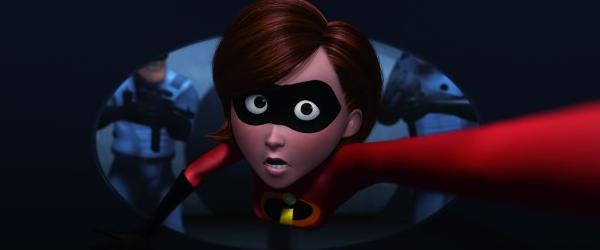
Helen Parr/Elastigirl in The Incredibles
The Incredibles showcases a family of supernaturally gifted humans fighting against sinister forces. In other words, this is a typical superhero movie with its only difference being one of animation? Try again. Men hog the spotlight in superhero films more often than not, even when the women are more capable – and would sometimes more for interesting films – than their male counterparts. (Why do you think no one’s taken Wonder Woman seriously enough to give her her own movie? One could ask the same about the Avengers’ Black Widow at this point. I guess we can blame Elektra to an extent, but one fluke shouldn’t be enough reason to completely dismiss female leads in superhero films. But I digress.)
Disney/Pixar does something truly special here, giving this superhero family not one but two different female characters with special abilities. Seeing as we’re focusing on the mothers in this piece, let’s talk about Helen Parr, or Elastigirl, whose superhero alias hints at her ability to stretch her body elastically. For the sake of fairness, she does tackle duties Hollywood deems as those of motherhood: cooking, cleaning, being a stay-at-home mother as Dad takes a dull and monotonous desk job. But Helen also enters the fray with the men unlike many of the women in action films (often portrayed as defenseless “damsels in distress”), and she can hold her own in combat as well.
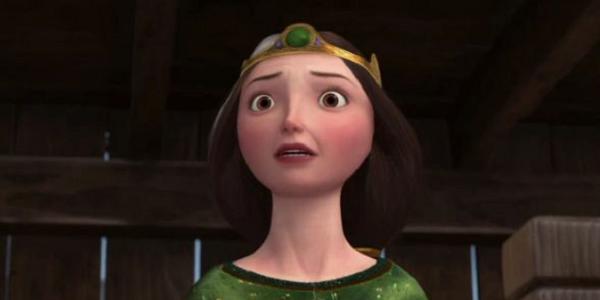
Queen Elinor in Brave
Princess Merida would rather practice archery than take up the duties forced upon her by her parents. Once she gets her wish, she realizes that how she ended up getting there might not be what she wanted.
Initially, Merida’s mother, Queen Elinor, isn’t exactly the most positive mother figure on the planet, forcing her daughter to stay within social norms instead of being her own person. However, as the film progresses, we begin to see her personality (even if it’s muted somewhat by circumstances that won’t spoil for those who haven’t seen Brave) and disassociate her with the one-note qualities for which mothers from the Mouse House often receive criticism.
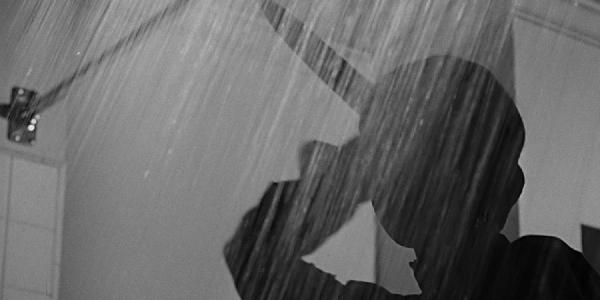
Mrs. Bates in Psycho
You know the story – well, at least you know of the film’s most iconic moment: a shadowy figure stabs the glamorous Janet Leigh to death as she takes a shower. An out-of-the-box choice for this list, sure, but this Alfred Hitchcock classic earns a spot because of what we don’t see in this relationship as opposed to what we do see. The dynamic here presents an intensely disturbing psychological dilemma that I won’t delve into here because it could very well be its own article (or dissertation).
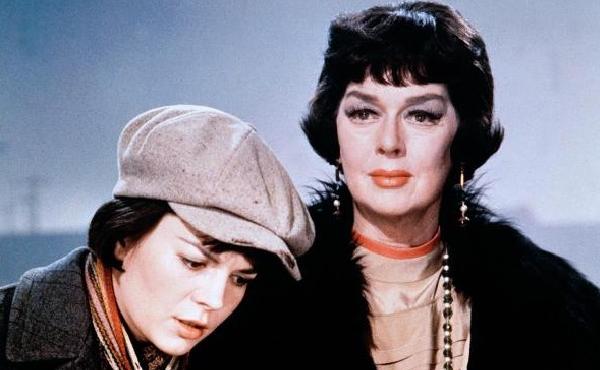
Mama Rose in Gypsy
She’s one of the most iconic characters in musical theatre history and an interesting figure in general. Like Crawford (as portrayed in Mommie Dearest), this mother of a mother makes the moms of reality television look like, well, Helen Parr from The Incredibles. Gypsy sees maniacal stage parent Mama Rose obsessing over her daughter, Rose, and her vaudeville career, but not before she fixates on her other daughter, June, for the same reasons.
Gypsy derives from the stage musical of the same name that in turn comes from the memoirs of Gypsy Rose Lee. Mama Rose, as brilliantly portrayed by Rosalind Russell (with vocals courtesy of Lisa Kirk), certainly doesn’t rank among the greatest cinematic mothers, but she’s one of the most interesting, especially when considering today’s obsession with motherhood as a rite of passage for women in pop culture – whether it’s trash television like Teen Mom or the recently announced pregnancy of Kate Middleton.
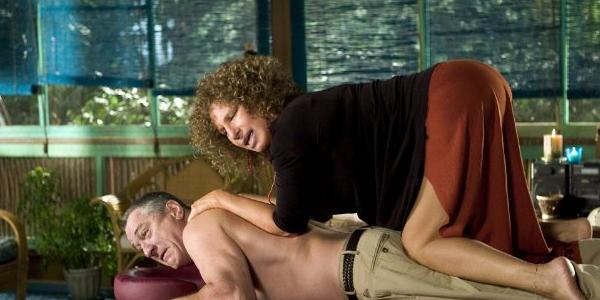
Rozalin Focker in Meet the Fockers
Isn’t it interesting that Babs’ last turn on the silver screen was as a crazy mother? To mixed results, this sequel to Meet the Parents presented a vast change of pace from the straight-laced parents of Teri Polo’s character with the zany parents of the character played by Ben Stiller. There’s not much to say, really. We’re basically discussing Stiller’s mother in Meet the Fockers because Babs played her, and despite how one feels about the film, the actress is comedy gold in it. Here’s hoping we can say the same about her work in The Guilt Trip.